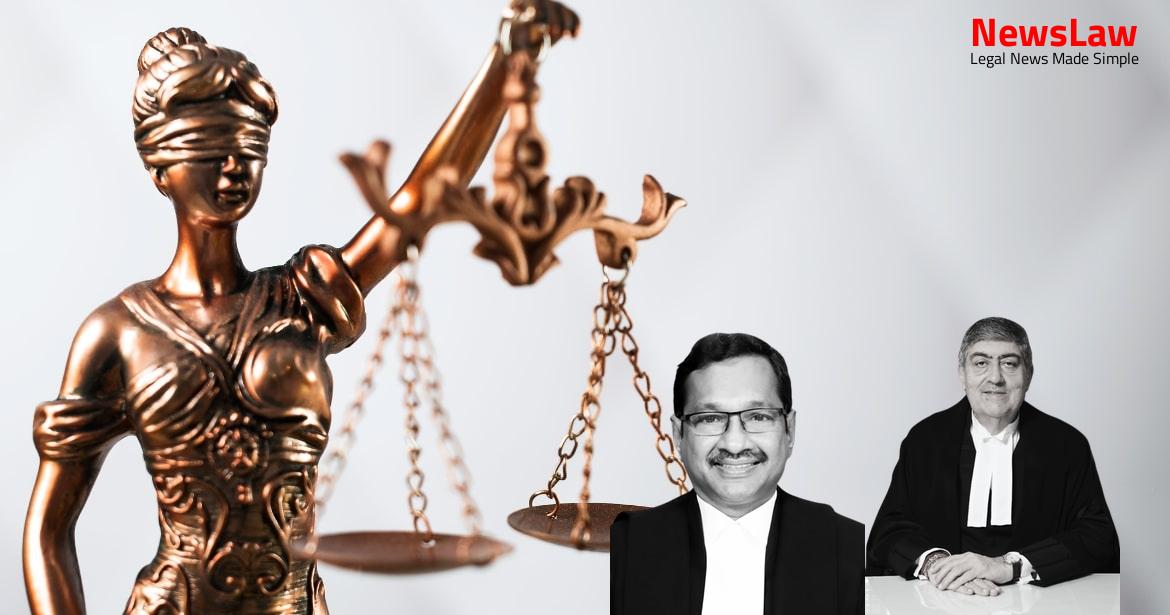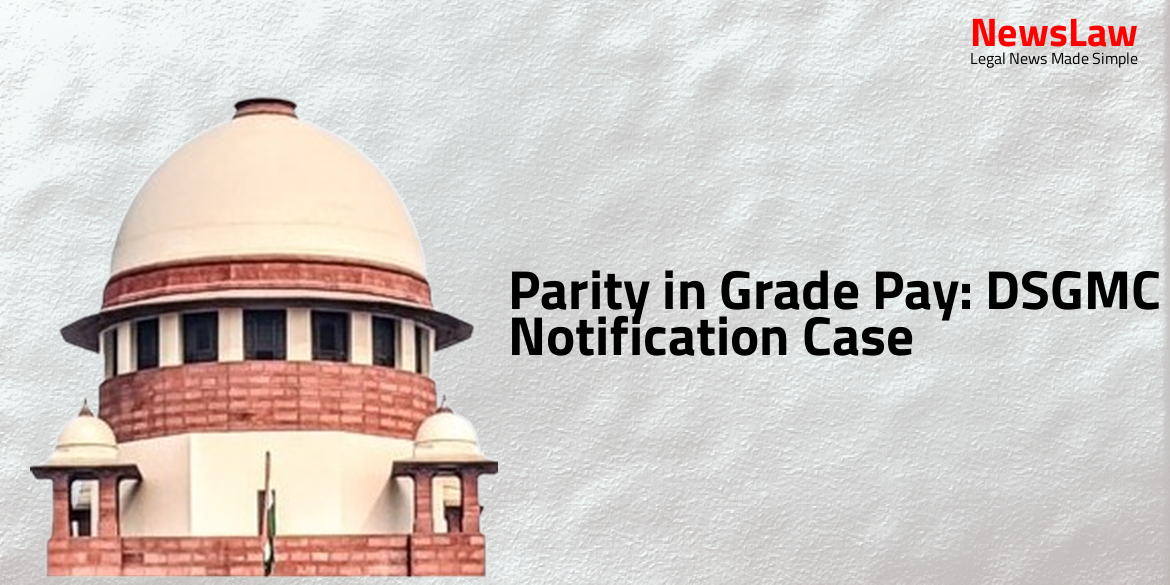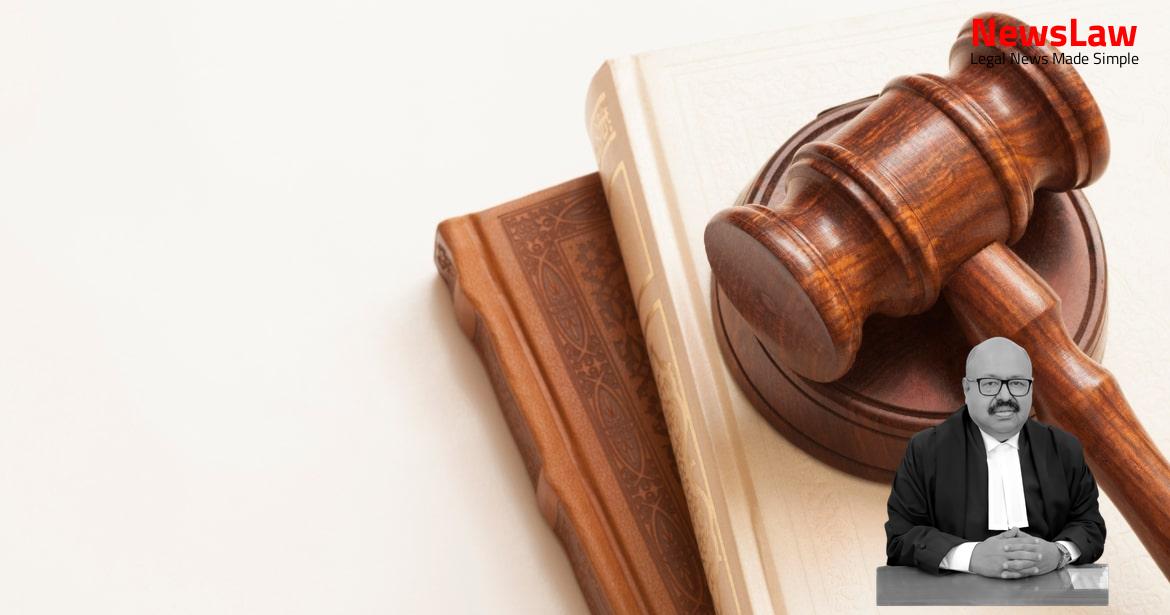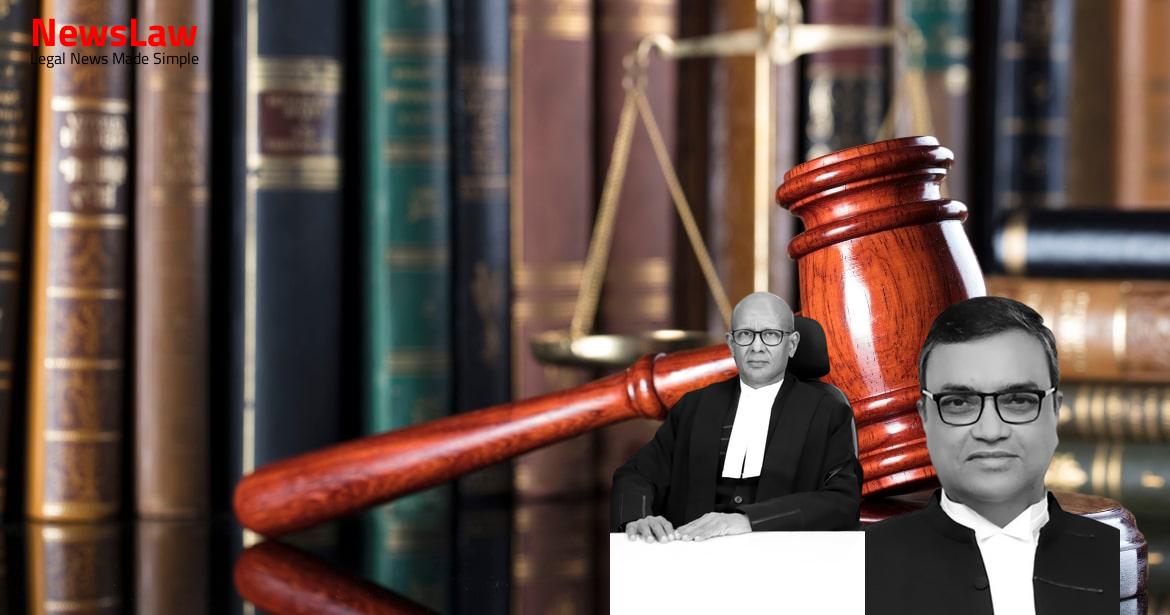A recent legal case delves into the crucial aspect of inclusivity in film education, shedding light on the significance of accommodating individuals with disabilities. Through a thorough legal analysis, the court emphasized the need for reasonable accommodations in educational institutions, particularly in creative fields like film editing. Let’s explore how this case sets a precedent for promoting equality and diversity in art education.
Facts
- Art is about making others see beyond the surface
- The Institute should encourage creative thinking and not limit courses to conformist norms
- It is important to promote a liberal thought process in art education
Also Read: Supreme Court Judgment on Single Till Mechanism for HRAB Calculation: A Comprehensive Analysis
Arguments
- The appellant had to go through the process de novo.
- The submission of the learned counsel is based on the principle of ‘reasonable accommodation’.
- Cited cases: Vikash Kumar v. Union Public Service Commission & Ors., Pranay Kumar Poddar v. State of Tripura & Ors.
Analysis
- The Committee analyzed the historical perspective of the role in the pre-digital film era.
- The Committee wrote to different premier international film Institutes to know their best practices.
- The Committee has submitted its report after deliberating on all aspects.
- The FTII film editing curriculum was analyzed, finding that candidates with specific types of color blindness may face difficulties in completing the existing color grading module.
- Individuals with other types of color blindness would not have any problem in completing the existing curriculum.
- The recommendation was made that if the learning limitation of the candidate can be overcome by making reasonable accommodation or with the help of an assistant, the candidate should be eligible for admission to courses offered by FTII.
- Film editing involves creatively assembling shots into a coherent sequence and working with various elements to craft a cohesive whole.
- Examples of successful individuals with disabilities in the film industry were highlighted to support the recommendation.
- The conclusion and recommendations of the Committee focused on inclusivity and accommodating individuals with disabilities in the educational and professional realm.
- The appellant had completed the curriculum for about six months before facing a medical impediment.
- He was found medically fit until the impediment arose.
- Suggestion to accommodate the candidate in the next academic year by increasing the course strength by one person.
Also Read: Selection and Appointment of Judicial Officers in Himachal Pradesh
Decision
- Views of the Institute must be obtained before embarking on a course of action.
- Institute should file a response within two weeks.
- Efforts should be made to find a solution based on the Institute’s views.
- Rejoinder, if any, must be filed within a week after the Institute’s response.
Case Title: ASHUTOSH KUMAR Vs. THE FILM AND TELEVISION INSTITUTE OF INDIA (2022 INSC 418)
Case Number: C.A. No.-007719-007719 / 2021



